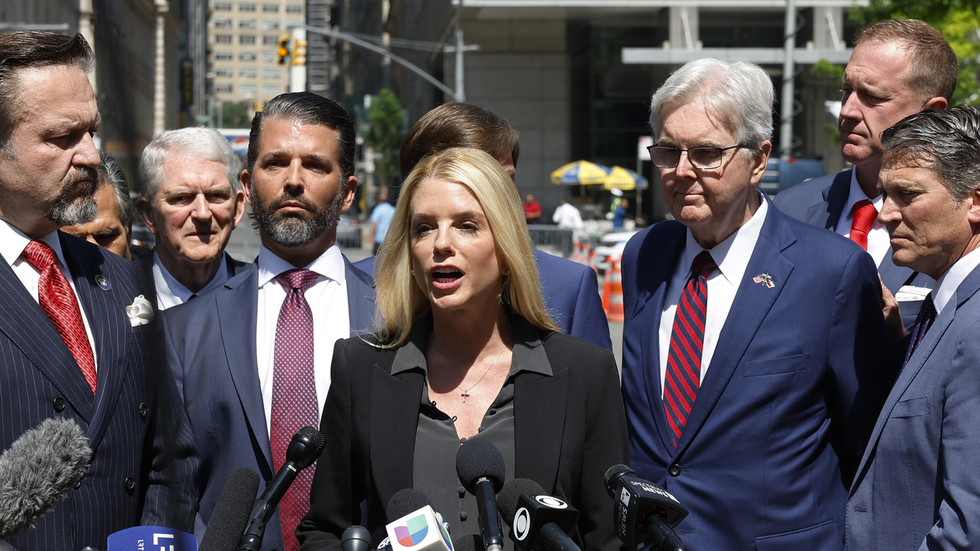He added: “We hope that the rest of the countries will also create condusive environments so that the refugees can return home.’’
Mr Okello said Uganda is home to 1.7 million refugees; 55 percent of whom are from South Sudan, 31 percent from the Democratic Republic of Congo, and 14 percent from other countries.
He said Uganda is grappling with funding challenges to cater for refugees since humanitarian assistance has declined, adding that only about 15 percent of the $500 million needed to support refugees in the country has been received.
“In order to address the existing gaps, we are now adopting the approach of promoting self-reliance for refugees so that they can also look for alternative means of livelihoods by engaging in self-productive projects such as agriculture, carpentry, welding and small-scale businesses that can earn them a living,” he added.
The Igad director for health and social development, Ms Fathia Alwan, said the Igad region is home to the largest refugee populations in the world from South Sudan, Somalia, DRC, Burundi, Eritrea and Sudan
She said the forum is designed to provide a structured and meaningful platform for refugee leaders to engage with policymakers, development partners, and other stakeholders.
“It is a space where their voices can be heard, their experiences can inform policy and their leadership can shape the solutions that affect their lives,” Ms Alwan said.
She added: “By institutionalising refugee participation at the regional level, Igad is setting an example of what inclusive governance looks like.”
The United Nations High Commissioner for Refugees (UNHCR) representative in Uganda, Mr Matthew Crentsil, said durable solutions through voluntary repatriation, local integration or resettlement, must remain the focus in managing refugees.
“This forum exemplifies the power of partnership and inclusivity by convening member states, humanitarian actors, development partners, and crucially the refugees themselves. Igad is fostering an environment where no one is left behind,” Mr Crentsil said.
He added that the forum is an important step forward on the path to durable solutions in that its activities will also provide opportunities for community-driven sustainability programmes that can address challenges such as climate change and food security, which affect refugee and host populations.
He reinstated UNHCR commitment to supporting the refugees but also noted that the refugee challenge is a shared responsibility and that governments, non-government organisations, private sector entities, and the international community must come together to share resources and expertise.
“Collaboration on these issues will strengthen the resilience of both host and refugee communities,” Mr Crentsil said.

 By Free Republic | Created at 2024-11-29 02:01:00 | Updated at 2024-11-29 04:31:10
2 hours ago
By Free Republic | Created at 2024-11-29 02:01:00 | Updated at 2024-11-29 04:31:10
2 hours ago








